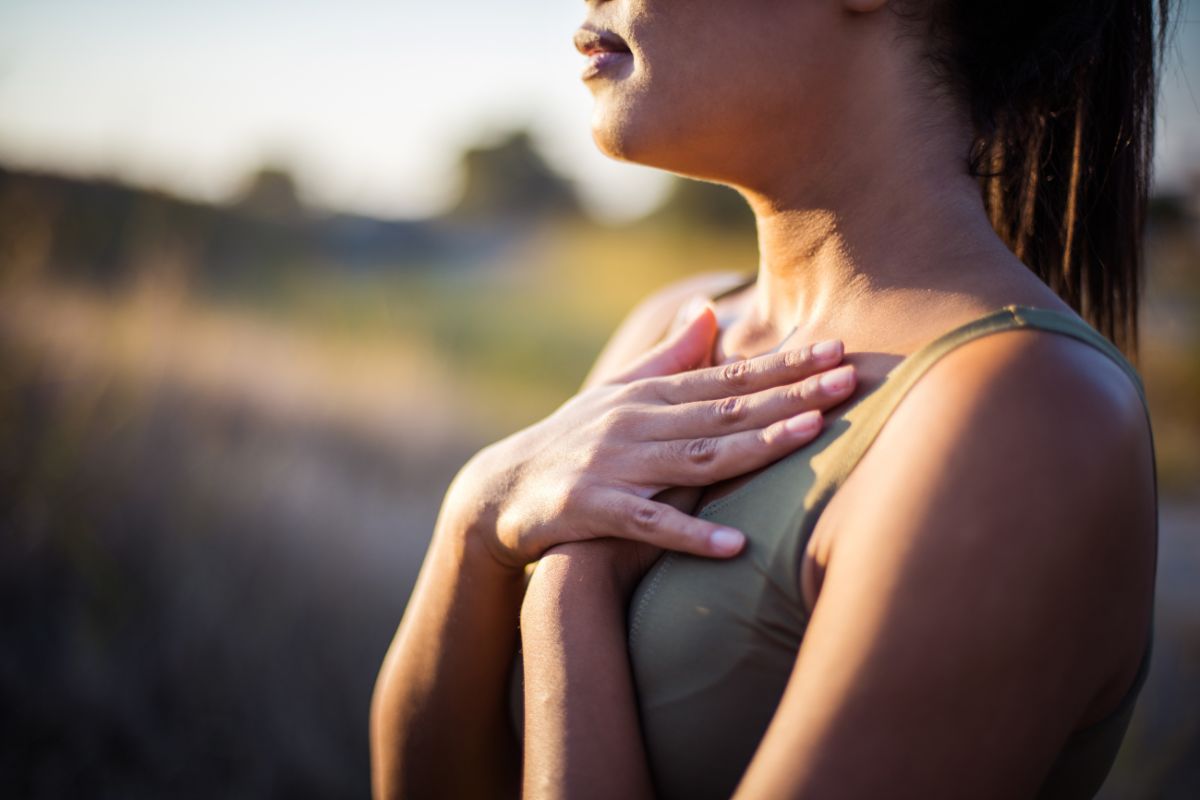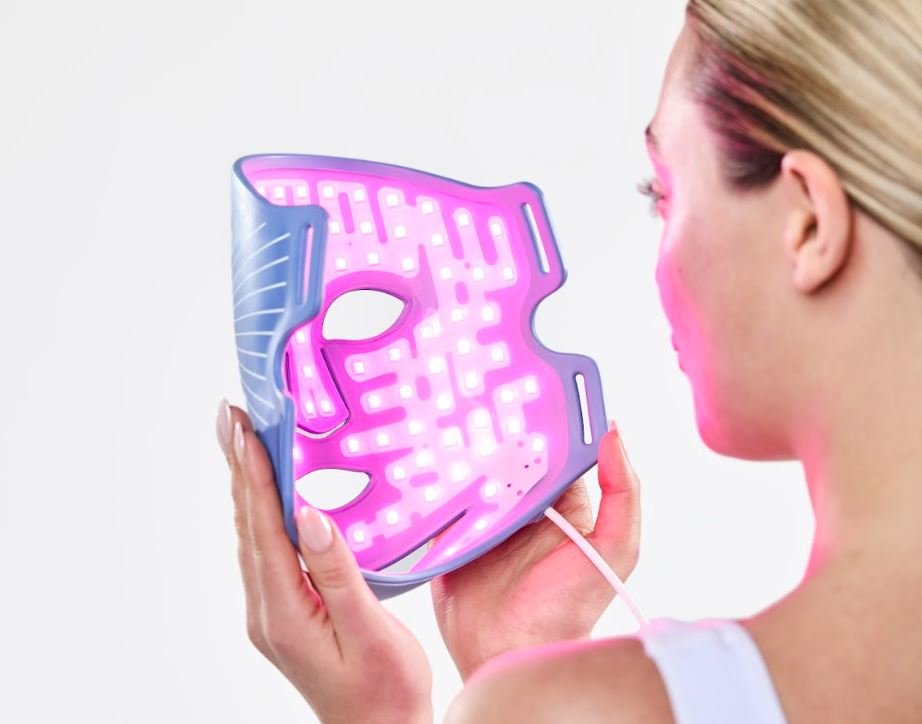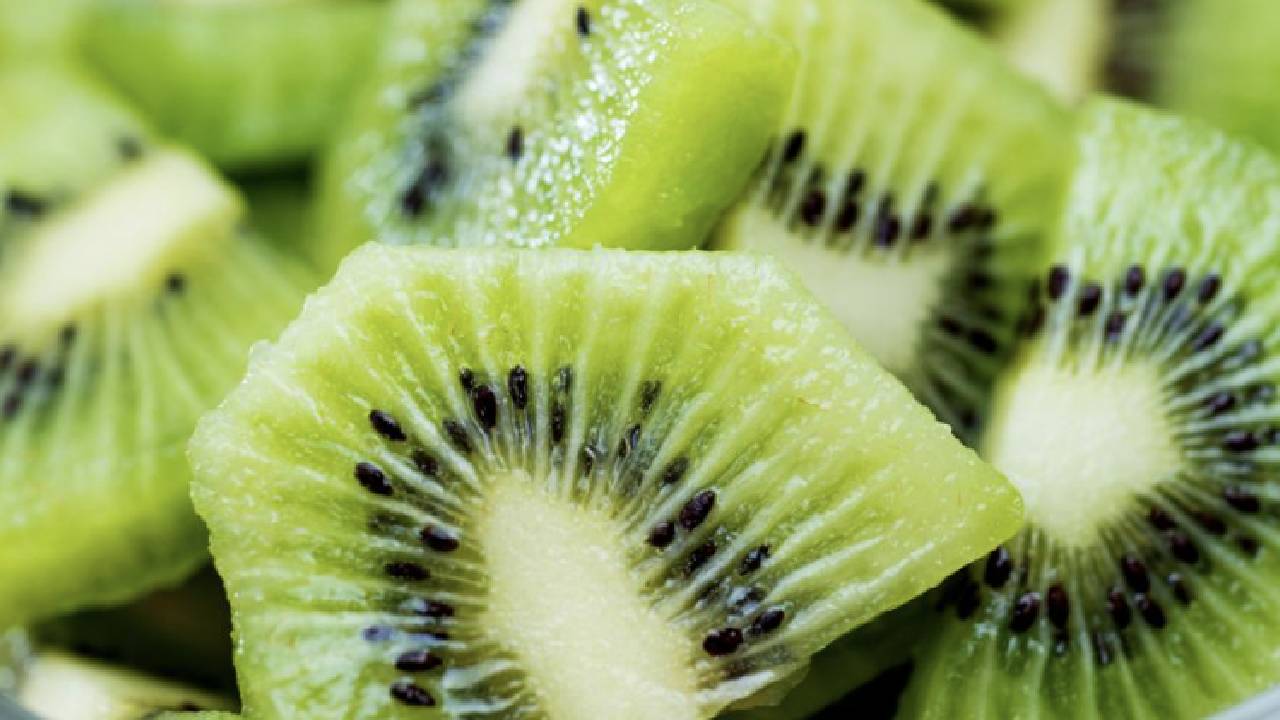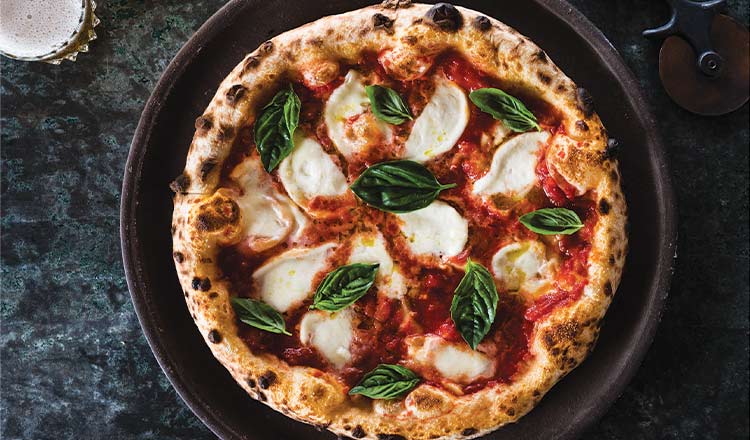The best-known brain cartographer wishes you: May your brain shrink less than expected for your age and offers tips to postpone dementia
Professor George Paxinos, a neuroscientist, environmentalist and author of A River Divided who has mapped more of the human brain than any other person in history, says we can take proactive steps to make our brains more resistant to the ravages of age.

Although our behaviour and mental health are impacted by both our genes and our environment (nature and nurture), Professor Paxinos says there are actions we can take to retard the inevitable age-related decline in our mental health.
“Physical activity reduces the risk of cerebrovascular disease,” says Professor Paxinos. “Whatever is good for the heart is good for the brain.”
“Regular moderate exercise is the most reliable way to retain the health of our brain – whether it’s walking, running, swimming, rowing, cycling or playing a team sport. Not only does exercise help your brain remain healthy longer, it also can improve your mental health, presumably via the release of chemicals in the brain. It’s the one thing that has consistently come out as helpful for retaining lucidity longer.”
The brain is highly vascularized, and the emphasis of cardiologists on protecting the heart has had cognitive benefits. Not only does exercise have an impact on reducing the age-related shrinkage of the brain, but physical activity also boosts mental stimulation through things like hand-eye coordination.
Studies around the world – from Germany to Japan – have reached the same conclusion: regular physical activity reduces the probability of developing dementia, including Alzheimer’s disease.
There may also be benefits from engaging in cognitive activity, though research is less conclusive mainly because it’s hard to measure cognitive activities on a level playing field – for example, does a game of chess have the same cognitive impact as reading, or playing a musical instrument? Is re-learning a hobby from your youth more impactful than starting a hobby from scratch? And what about the impact of the social aspect of activities like playing Bridge or Mahjong?
“Cognitive activity may indeed boost the cognitive reserve, so, at the initial stages of brain shrinkage, the individual will have enough reserve left. So cognitive activities are expected to help, but this is often difficult to demonstrate in the studies. Engaging in cognitive activities in a social setting, would have the additional benefit of social interaction,” says Professor Paxinos.
“Avoiding other lifestyle factors such as smoking, more than one alcoholic drink per day, poor diet, and obesity.”
For Professor Paxinos, cycling daily helps retain brain health and mental health.
“Every time I ride around Centennial Park, I smile. I love the feeling of being out in the world, and moving. We know that physical exercise can postpone dementia, and cycling is my way of caring for my brain, besides it also helps me with mental clarity – when I need to solve a problem or come up with ideas.”
Professor George Paxinos’s top tips for brain health:
- Exercise regularly – three to five times a week or more– walking, running, swimming, rowing, cycling and team sports as long as you do not hit your heads.
- Taking part in cognitive-boosting activities such as reading, writing, playing board/card games, singing, painting, playing a musical instrument, completing a crossword should also help.
- Avoid: smoking, having more than one alcoholic drink per day, having a poor diet.
- If meditation is for you, then use it.
Professor Paxinos may be known as a world-leading neuroscientist, but he’s also now taken on the role of author – his book A River Divided, explores the dire state of the world’s environment, while also examining the impact of nature and nurture on our behaviour and our mental health.

Find out more at: https://www.georgepaxinos.com.au
The audiobook of A River Divided is available at: https://www.audible.com.au/pd/A-River-Divided-Audiobook/B0BCX9WLD5
Professor George Paxinos is a world-leading neuroscientist and a cerebral cartographer who has identified and named more brain areas than anyone in history. A Professor of Medical Sciences at Neuroscience Research Australian and The University of NSW, Professor Paxinos wrote A River Divided to boost awareness about the dire state of the world’s environment.
















